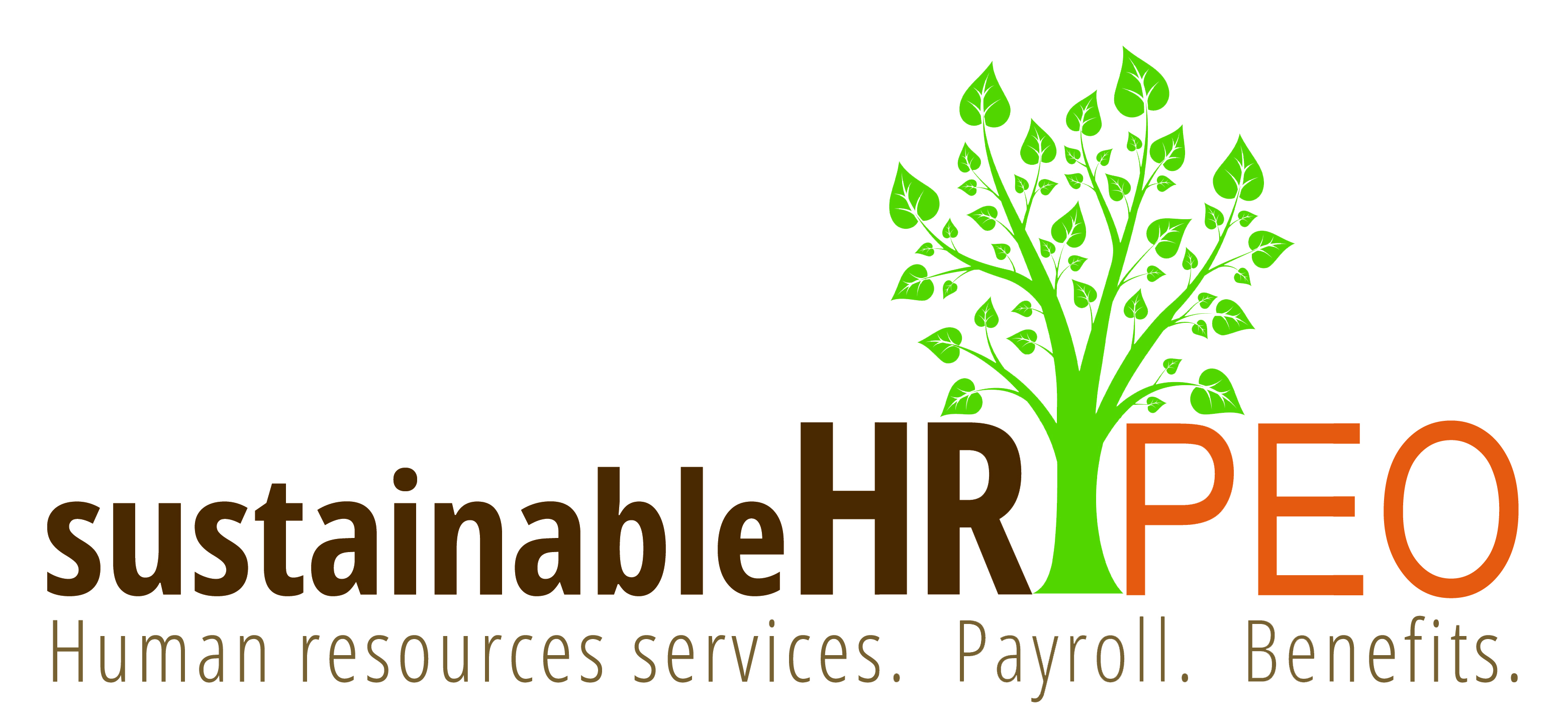Running a small business in Wisconsin is challenging enough without having to worry about the complexities of payroll taxes. It’s easy to feel overwhelmed by the different regulations and requirements. This guide aims to simplify Wisconsin payroll tax, helping you understand what’s needed and how to stay compliant.
The Basics of Wisconsin Payroll Tax

1. State Income Tax Withholding
As an employer in Wisconsin, you need to withhold state income tax from your employees’ wages. The amount to withhold depends on the employee’s earnings and the information they provide on their Wisconsin Form WT-4. The state provides tables and calculators to help you calculate the right amount. It’s important to get this right to avoid any issues for you or your employees. Mistakes in withholding can lead to problems during tax season, causing stress for both you and your staff. Ensuring accurate withholding helps everyone avoid headaches and keeps your business in good standing.
2. Unemployment Insurance Tax
You are also required to pay unemployment insurance (UI) tax. This tax funds unemployment benefits for workers who lose their jobs through no fault of their own. The rate you pay depends on your industry, your history with unemployment claims, and the state’s economic conditions. New businesses start with a standard rate that can change over time based on their experience. This means that as your business grows and gains more history, your rate can be adjusted to reflect your company’s specific situation.
3. Wage Reporting System
Every quarter, you need to report employee wages to the Department of Workforce Development (DWD). This is done through the state’s Wage Reporting System. Accurate reporting is crucial because it impacts UI benefits and other state programs. Keeping detailed records helps ensure you are reporting correctly. Inaccurate or late reporting can lead to penalties and complicate your business operations, so it’s important to stay on top of these requirements.
Key Points to Remember

1. Meeting Filing Deadlines
Wisconsin has specific deadlines for filing state income tax withholdings and unemployment insurance contributions. Missing these deadlines can lead to penalties and interest charges. Make sure to mark these dates on your calendar and submit all reports and payments on time. A simple mistake like missing a deadline can cost your business money and cause unnecessary stress. Staying organized and setting reminders can help you avoid these issues. For state income tax withholding, the due dates are typically the last day of the month following the end of the quarter (e.g., April 30 for Q1, July 31 for Q2, October 31 for Q3, and January 31 for Q4). For unemployment insurance tax, the due dates are April 30, July 31, October 31, and January 31 as well.
2. Classifying Employees Correctly
One common mistake is misclassifying employees as independent contractors. This can lead to significant tax liabilities and penalties. Wisconsin has clear rules distinguishing employees from independent contractors based on control and the nature of the work. Make sure you classify your workers correctly to avoid problems. Misclassification can not only lead to tax issues but also impact employee morale and trust. Clear communication and proper classification are essential for a smooth-running business.
3. Keeping Up with Tax Rate Changes
Tax rates and wage base limits in Wisconsin can change yearly. It’s important to stay informed about these changes to ensure compliance. The Wisconsin Department of Revenue (DOR) website is a good resource for updates. Professional payroll services can also provide guidance. Keeping up with these changes ensures that you are always compliant and helps you avoid unexpected costs or adjustments later on.
Conclusion
Wisconsin payroll tax regulations can be complex, but understanding the basics can help you stay compliant and avoid penalties. By keeping track of withholding requirements, unemployment insurance contributions, and wage reporting obligations, you can manage your payroll responsibilities more effectively. Partnering with a professional service like SustainableHR PEO can further streamline the process, allowing you to focus on growing your business. Let them handle the complexities of payroll, HR, and benefits so you can concentrate on what you do best.
By leveraging the expertise and comprehensive services of SustainableHR PEO, you can ensure your business runs smoothly and stays compliant with all regulations. This not only helps you avoid costly mistakes but also makes your business a better place for your employees to work.
Handling payroll taxes is just one part of managing your business. SustainableHR PEO can take this burden off your shoulders with comprehensive payroll, HR, and benefits services.


